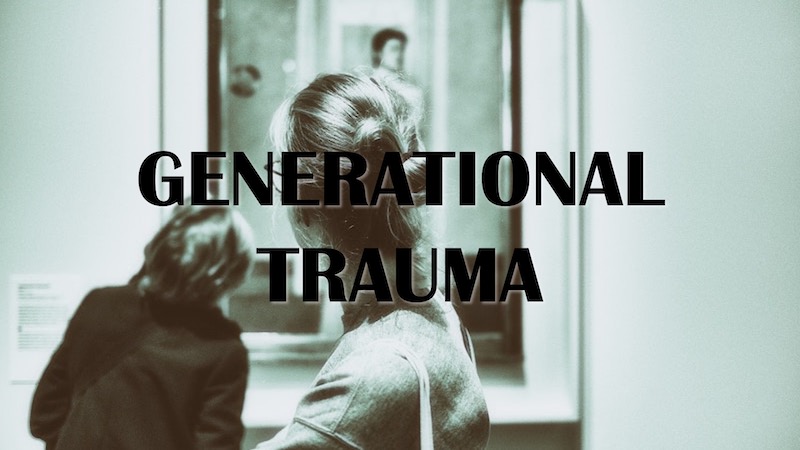Steve Jobs – “You can’t connect the dots looking forward”
- 19 March 2021
- Posted by: Michael H Hallett
- Category: Emotional principles , Generational trauma ,

Apple guru Steve Jobs famously observed that “You can’t connect the dots looking forward; you can only connect them looking backwards.”
Jobs stated this in his commencement speech at Stanford University in 2005—a college he later dropped out of to pursue his vision of the future. His speech continued: “You have to trust that the dots will somehow connect in your future. You have to trust in something — your gut, destiny, life, karma, whatever. This approach has never let me down, and it has made all the difference in my life.”
Steve Jobs calls that invisible trail of dots “Your gut, destiny, life, karma, whatever”. Let’s give a name to that “whatever”. It’s generational trauma.
Connecting the dots
What’s this got to do with generational trauma?
Quite a lot, actually.
The first point is Jobs’ observation that to connect the dots you have to look backwards, not forwards. Many of us are forwards-obsessed, constantly scanning our event horizon like a sailor looking for beneficial—or dangerous—wind shifts.
Jobs, on the other hand, is telling us that our forward trajectory isn’t determined by those wind squalls ahead. It’s determined by the Hansel-and-Gretel trail of dots we’ve left behind, a trail that many of us choose to ignore.
Whatever
Steve Jobs calls that invisible trail of dots “Your gut, destiny, life, karma, whatever.”
You may or may not believe in your gut, destiny, life, karma. That’s fine. But let’s give a name to the “whatever” Jobs appended onto that sentence. It’s generational trauma.
Generational trauma isn’t a belief system, an instinct, a Zen-like perspective on life. It’s an entirely mechanical process whereby inherited trauma plays out and replicates in your life.
We all have inherited trauma. It’s just a question of how much and how it affects us. Is it from recent generations of our family, from wider circles such as community or racial trauma, or is it the collective ancestral trauma we all carry from our remote forbears?
Which brings us to the second point about Steve Jobs’ ‘connecting the dots’ speech. Generational trauma can be a huge driver of how those dots play out, connecting us from our past to our future. Divorces that repeat from generation to generation.
Unprocessed trauma from wartime, financial scandals, abandonment. Sexual shame from ancient infidelities. All these inherited traumas can affect the stepping-stones of your dots.
Powerful and subtle
Generational trauma can affect us in ways both powerful and subtle.
At the 2021 Intergenerational Trauma Conference, Peter Levine spoke of a case of three generations from the same family all surviving air accidents. He also spoke of some children of Holocaust survivors that had smelled burning flesh.
Inherited trauma is pain and emotional development frozen in time.
In my own case, an affair in 1932 burdened my mother’s side of the family with deep feelings of shame and abandonment that took nearly a century to unravel. When I did that, the quality of the dots that showed up in my life changed markedly for the better in the exact areas of my life that I had healed.
If you’re ready, as Steve Jobs suggests, to connect the dots by looking back, I’m here.
Next steps
For further resources on generational trauma, both free and paid, please click on this image.
Photo by Maria Bobrova on Unsplash

